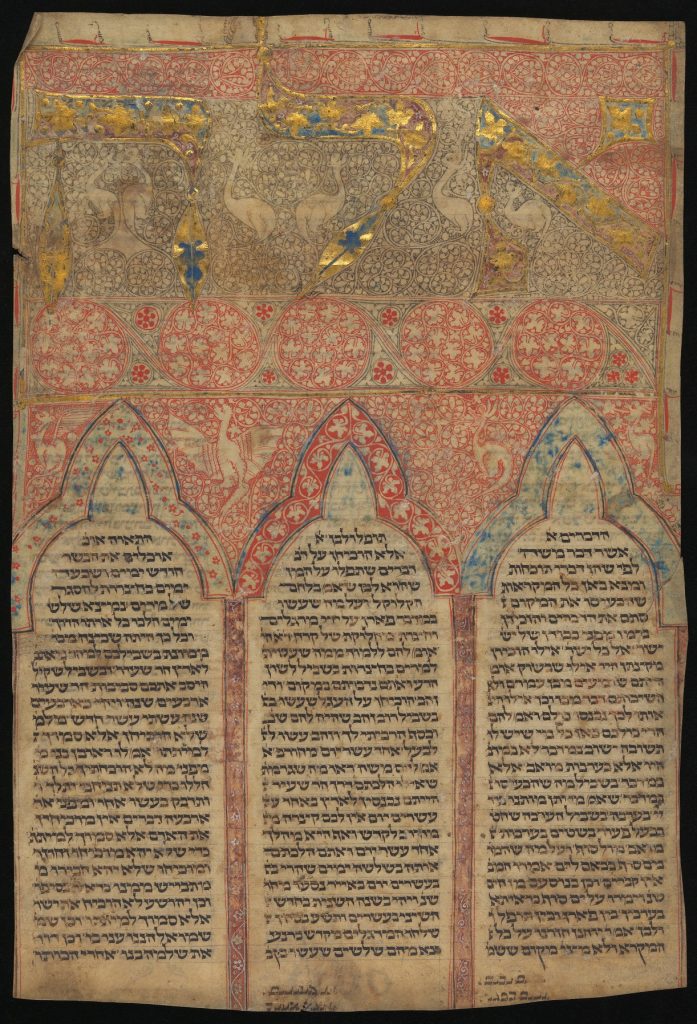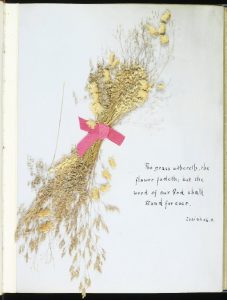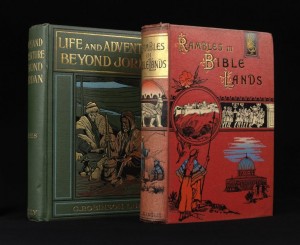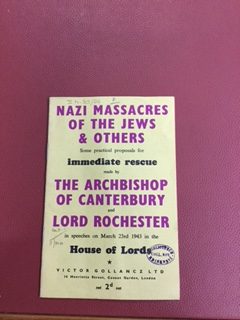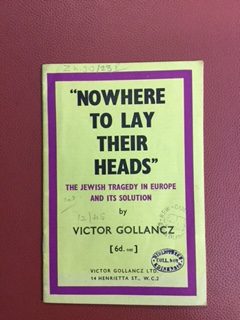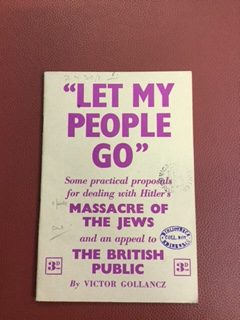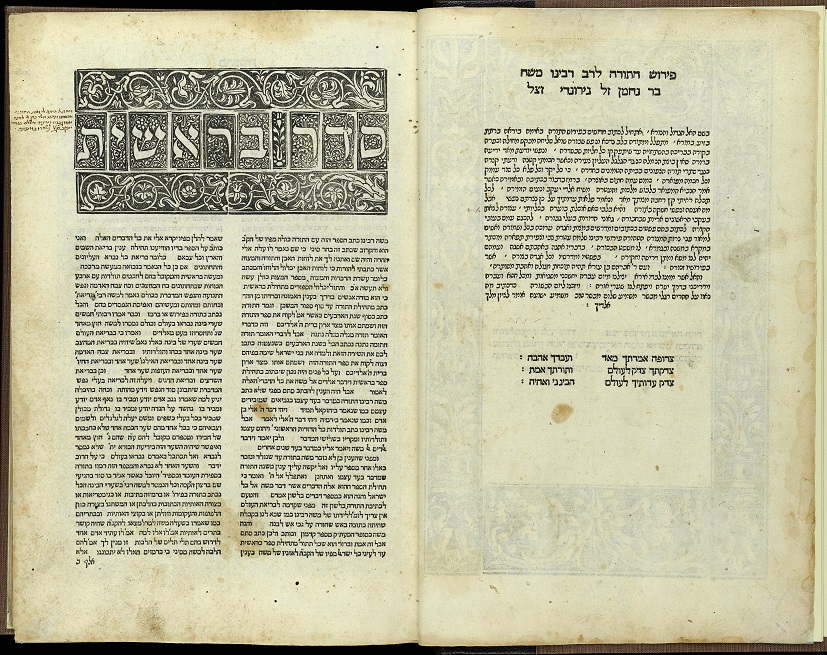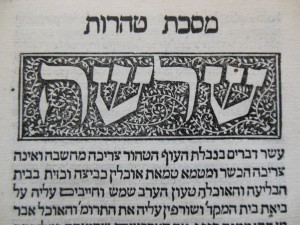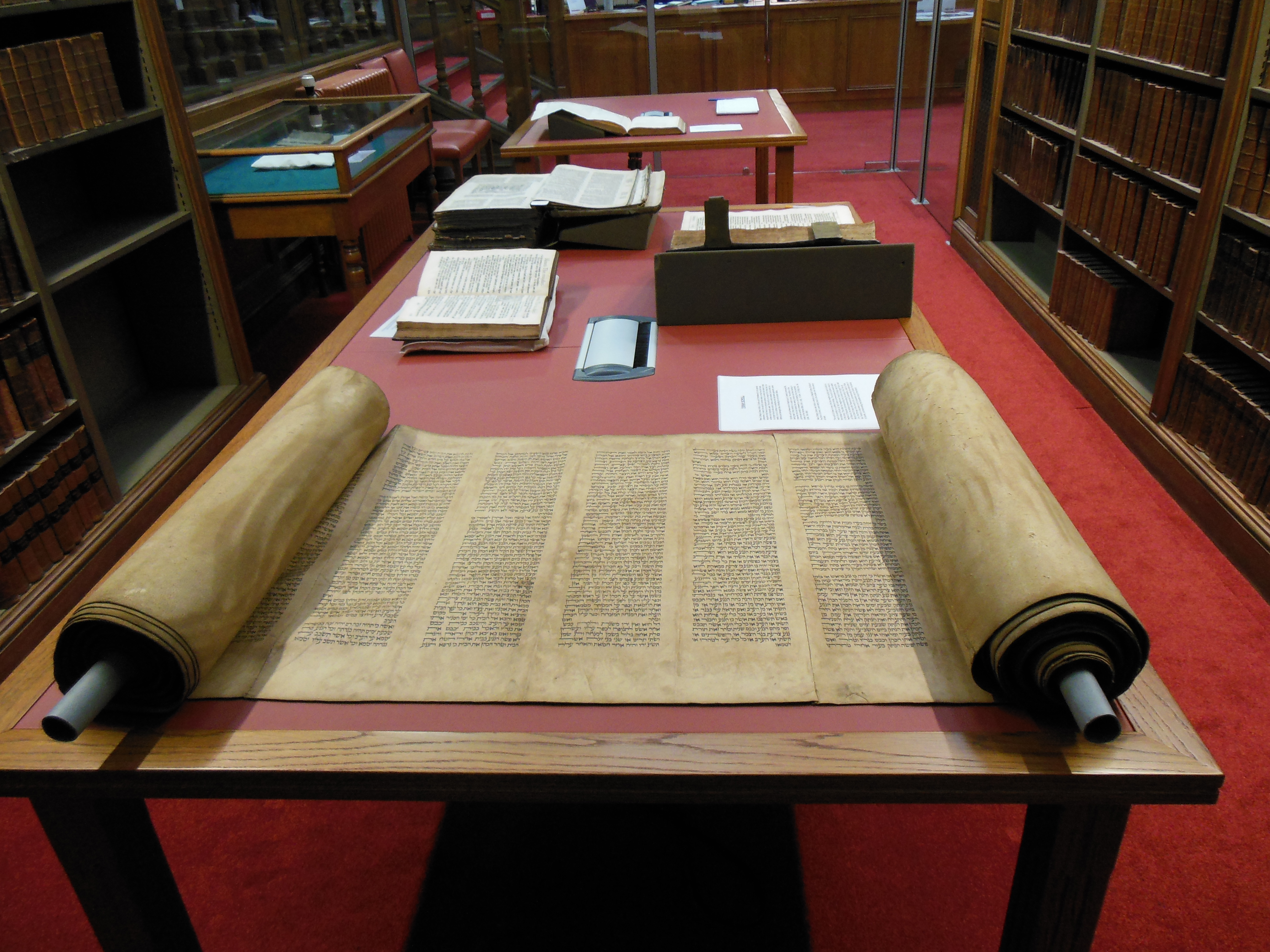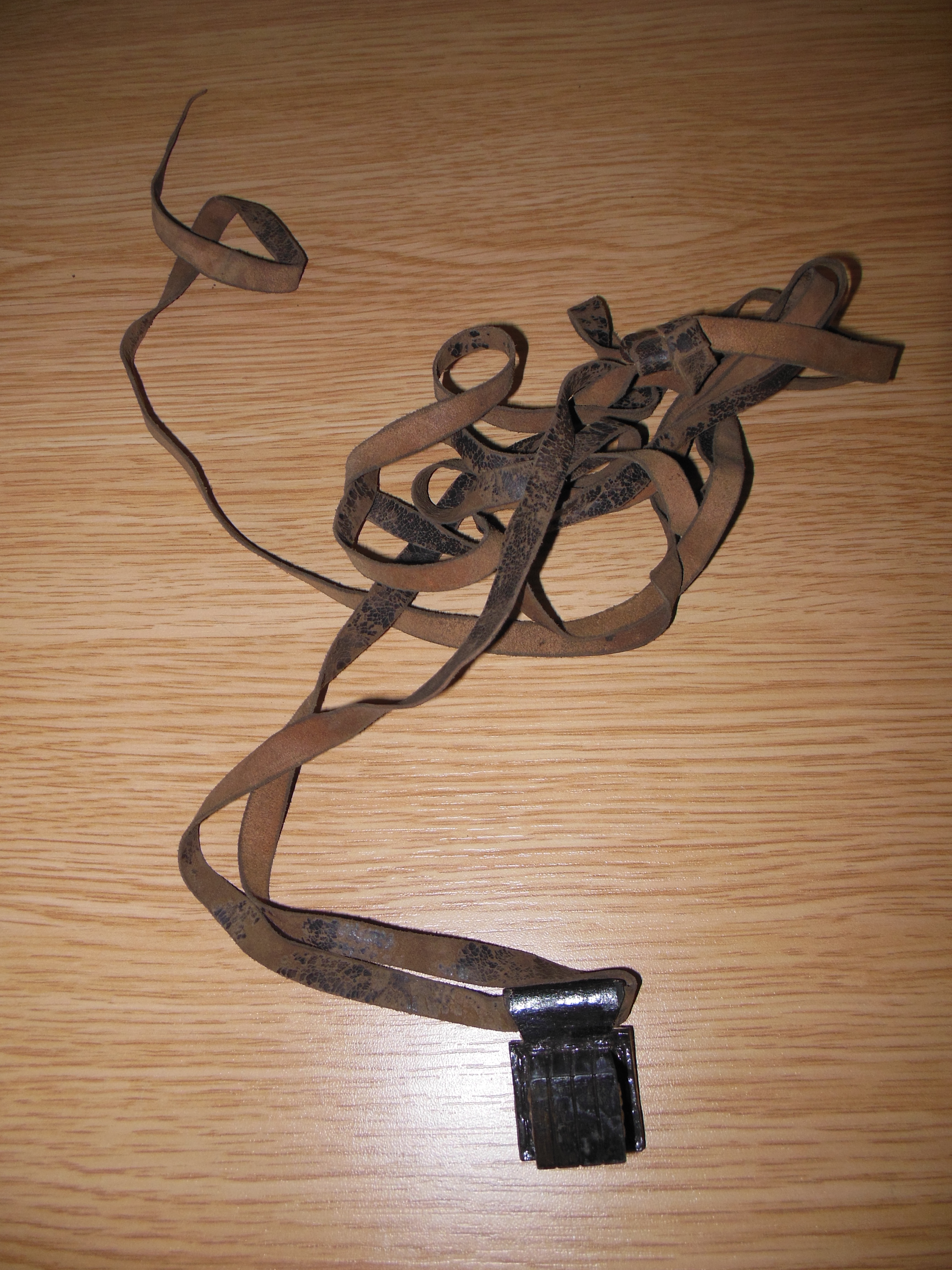Our colleague, Patrick Murray, has begun work cataloguing the W. F. Jackson collection, initially, as part of the Funk Cataloguing Project. This collection has been at New College for many decades but with the need to fill in accurate data about the material, it was soon apparent that no one knew very much about William Foakes Jackson or W. J. Jackson as he had carefully and clearly inscribed in each book.
The closest match that could be found was a Frederick John Foakes-Jackson, who was an eminent scholar of Judaism, something which connected with the first tranche of books. However, after that the trail went cold and, as the archivist, I was asked if I could give any advice on where to look next.
Away from the office, searches on Google, ScotlandsPeople and Ancestry.co.uk all drew a blank on proffering a sibling or son to Frederick John Foakes Jackson, who might have owned and donated these books.
In the New College Library Archives, there are boxes of library correspondence from throughout the 20th century some of which relate to the deposit of collections (ref. AA.2.1). As these records are in varying states of arrangement I decided to look at some of W. F. Jackson’s books for any other clues before delving into the correspondence.
The first couple of books seemed devoid of any details about the owner but, unexpectedly, out of the fourth book I looked at fell a scrap of an envelope on which was written: ‘[-] F Jackson, Suffolk House, 18 Suffolk Road, Edinburgh’ and postmarked 1929. The key to it all.
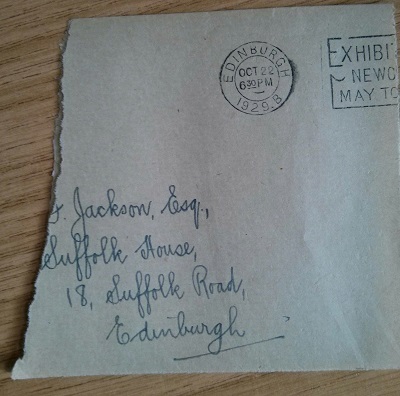
Scrap of an envelope found in the W. F. Jackson collection of books.
A quick visit to ScotlandsPeople searching for the death certificate for a W. F. Jackson after 1929 and there was William Fulton Jackson, in 1931, passing away at Suffolk House, 18, Suffolk Road, Edinburgh. That narrowed down the correspondence search nicely and quite quickly I found a note from his niece, Janet Cameron, depositing the records at New College Library (ref. AA.2.1.104a).
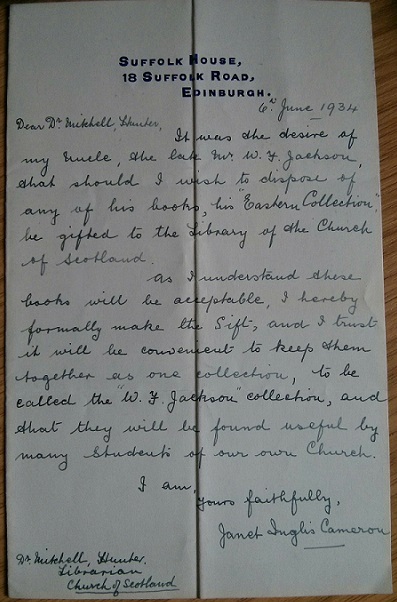
Letter from Janet Inglis Cameron, niece of W. F. Jackson, to Dr Mitchell Hunter, Librarian, New College, making a gift of his “Eastern Collection” of books.
Transcript of letter:
Suffolk House,
18 Suffolk Road,
Edinburgh.
6th June 1934
Dear Dr Mitchell Hunter,
It was the desire of my uncle, the late Mr W. F. Jackson, that should I wish to dispose of any of his books, his “Eastern Collection” be gifted to the Library of the Church of Scotland.
As I understand these books will be acceptable, I hereby formally make the Gift, and I trust it will be convenient to keep them together as one collection, to be called the “W. F. Jackson” collection, and that they will be found useful by many students of our own Church.
I am,
Yours faithfully,
Janet Inglis Cameron
Dr, Mitchell Hunter,
Librarian
Church of Scotland.
To the railway historian, the name William Fulton Jackson will be familiar. He was born in 1855 to John Jackson, a grain merchant, and Mary Fulton, in 73, South Wellington Street, Glasgow. In 1883 he married Maggie McJannet Lattimer, at her home in 14, St James Street, Glasgow. In 1891 he was listed as a railway clerk living in Coltbridge Avenue, Edinburgh and by the 1901 census, he had become the General Manager of the North British Railway Company, living at 24, Royal Terrace, Edinburgh. It appears that Jackson was appointed as General Manager in 1899, after his predecessor, John Conacher, stepped down in the wake of a boardroom scandal.
Further internet searches revealed that some of his photograph albums had been deposited at Glasgow University Archives, and that he was an active member of the Young Men’s Christian Association (YMCA).
The 1911 census provides us with a mystery, outwith our remit, in that on the night the census was taken he and many others were staying in the same place as Arthur Conan Doyle and his family: “Rothsay” in Bournemouth, Dorset, on the south coast of England. Is this a connection or a coincidence?
Whatever the answer, after many years of this valuable collection of books being known as the “Foakes Jackson Collection” and thanks to an envelope scrap, finally we are able to give the real W. F. Jackson – William Fulton Jackson, Esq., the credit he is due.
Kirsty M. Stewart, New College Collections Curator
Notes
As the books in the W.F. Jackson collection are catalogued their entries will become available on the University of Edinburgh’s discovery service: http://discovered.ed.ac.uk
University of Glasgow material:
https://www.flickr.com/photos/uofglibrary/sets/72157644176571389/ http://www.gla.ac.uk/news/archiveofnews/2007/july/headline_31062_en.html
*With apologies to hip-hop duo, “OutKast”.
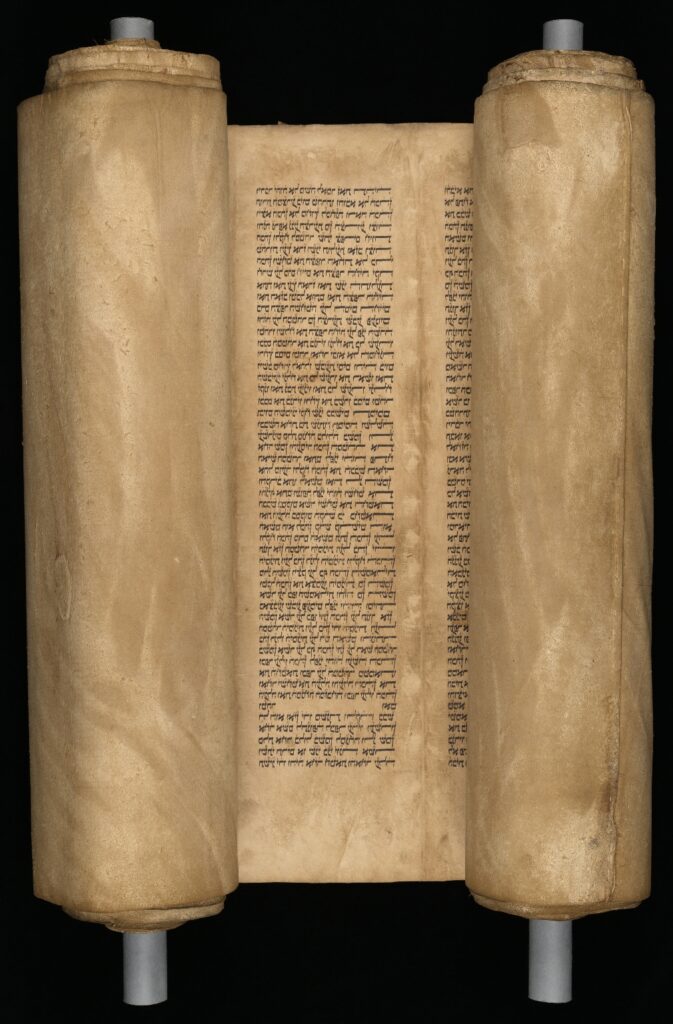
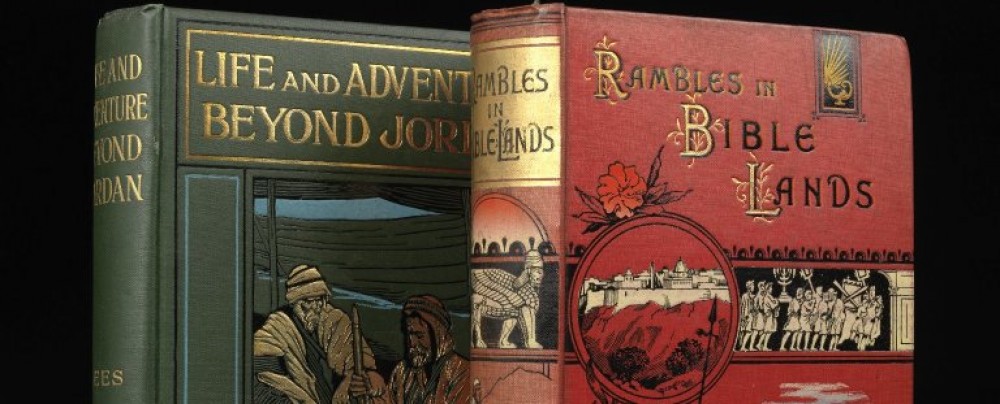
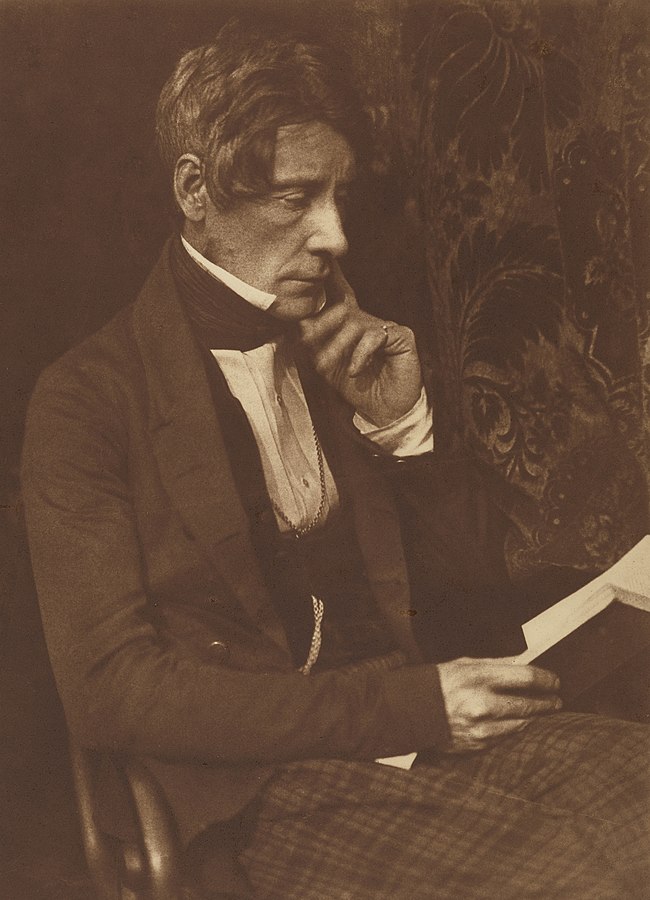
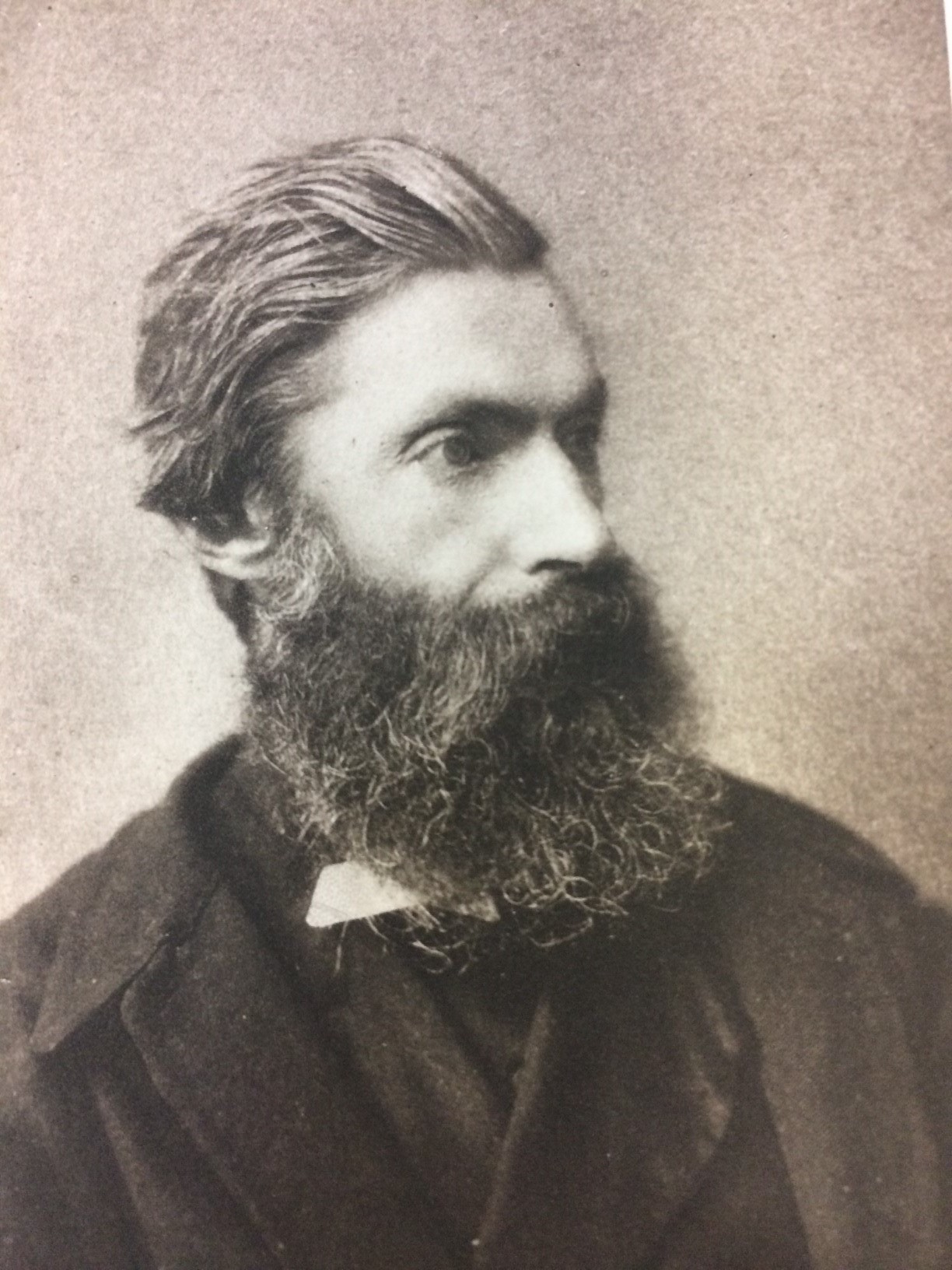
 A guest post by Eleanor Rideout, IS Helpdesk Assistant
A guest post by Eleanor Rideout, IS Helpdesk Assistant